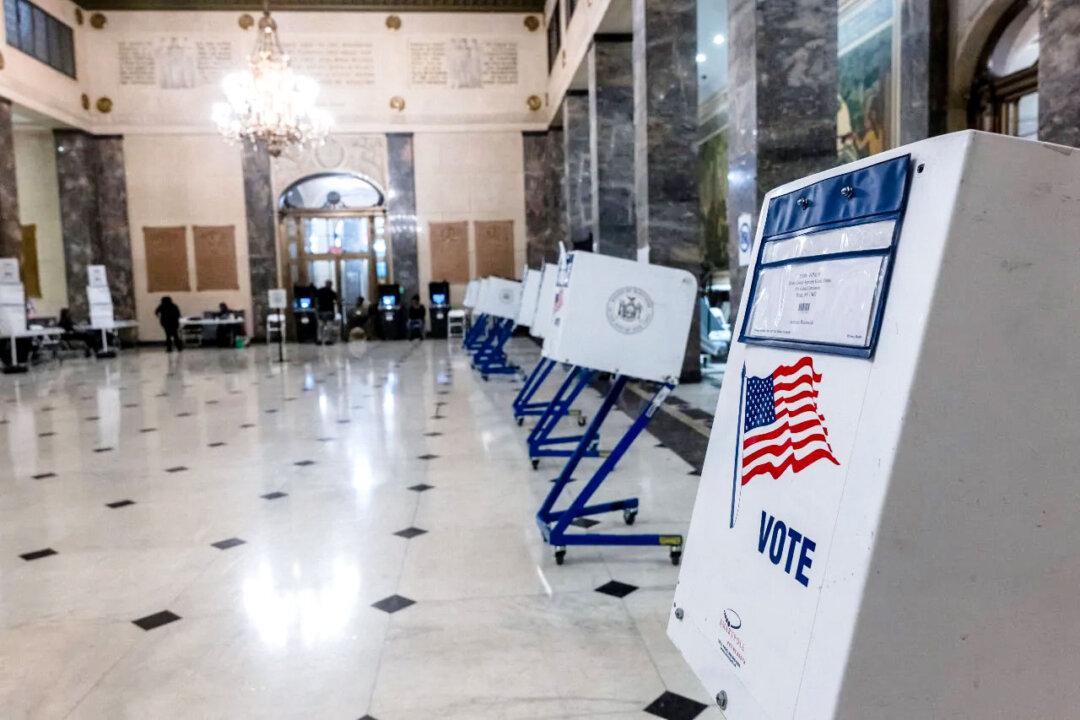NEW YORK CITY—Proposition 1, a ballot measure that will broadly expand antidiscrimination law in New York state, has sparked controversy and a backlash among some people concerned with the rights of parents.
If passed, the proposal will amend Section 11 of the New York Constitution, which currently prohibits treating people unequally based on race, skin color, religion, or creed.





